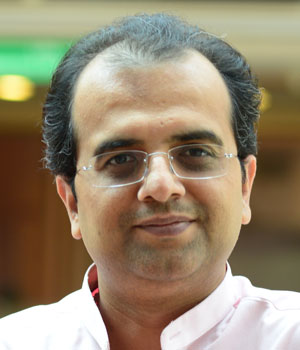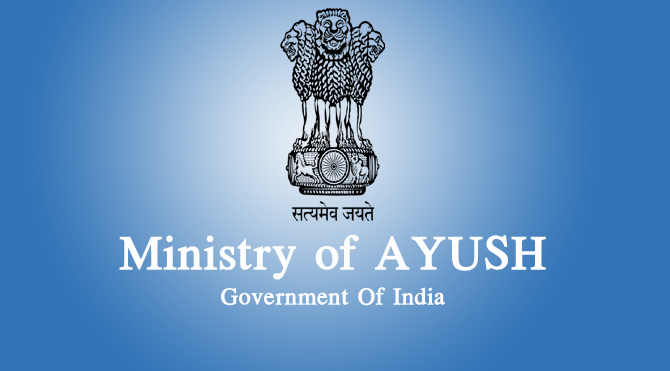
Dr Samir Parikh, Director, Department of Mental Health & Behavioural Science, Fortis healthcare
The World Health Organisation has estimated that by the year 2025, mental illness will catch up with or overtake heart disease as the biggest global health concern.
Already, depression alone affects 121 million people worldwide. Suicide accounts for one death every 40 seconds on an average. Mental illness is a leveller, and can affect any of us at any time. Even in India, studies have shown that up to 12 percent of children between the ages 4 to 16 have a diagnosable psychiatric disorder.
Suicide is the 8th leading cause of death worldwide, we still havent come up with a suicide prevention policy

Despite the prence of mental illness having mental healthcare is restricted to large cities with fewer and fewer mental health professionals in the peripheries.
Mental health has never really become a priority in our country, be it in terms of funding or policy. Barely 1-2 percent of the health budget is dedicated to mental health, in comparison to 10 to 12 percent in other countries. At the same time, for suicide, which is the 8th leading cause of death worldwide, we still havent come up with a suicide prevention policy.
Mental health has never really become a priority in our country, be it in terms of funding or policy. Barely 1-2 percent of the health budget is dedicated to mental health, in comparison to 10 to 12 percent in other countries.

However, despite our limitations, there is a still a great deal that can be done. Keeping in mind the paucity of trained mental health professionals, the need of the hour is for all our resources to come together – be it the government, the NGO sector, public and private healthcare facilities, media, schools and the community at large. Besides spreading the right kind of awareness and reducing stigma associated with mental illness, we also need to focus on expanding the reach of mental health services to those who need them. General medical practitioners can be trained to identify and treat symptoms of mental illness. School teachers and social workers can be taught to recognise signs of distress and provide preliminary psychosocial support to those in need.
But if were to deal with the epidemic of mental illness, we need to take a dual approach, which encompasses not just the curative, but the preventive as well. Preventive healthcare just hasnt got the attention it deserves in our society. From the very start, children need to be given adequate lifeskills training to cope with the conflicts and challenges of everyday life. People need to learn more adaptive ways of dealing with stress. Myths and misconceptions regarding life choices need to be addressed head on. Emotional well-being needs to become a priority.
Be a part of Elets Collaborative Initiatives. Join Us for Upcoming Events and explore business opportunities. Like us on Facebook , connect with us on LinkedIn and follow us on Twitter , Instagram.












